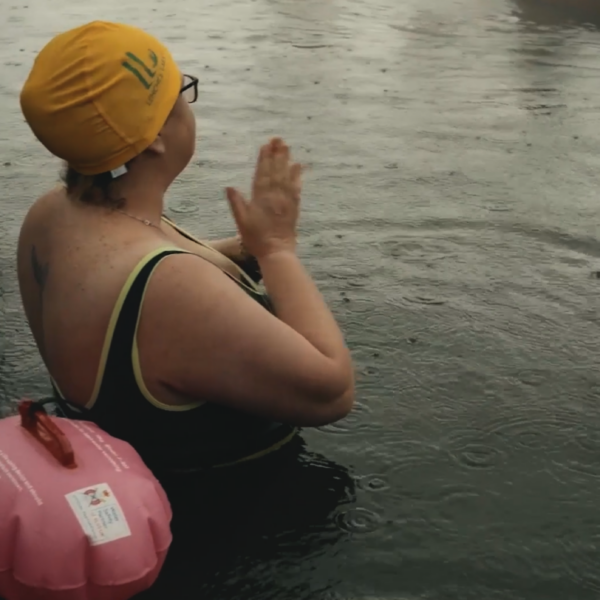
Study Overview
The OUTSIDE study. A randomised controlled trial.
This study is being undertaken to find out if swimming outdoors can reduce the symptoms and improve the lives of people experiencing depression and anxiety. It uses a design called a ‘Randomised, Controlled Trial’ or ‘RCT’.
- This means that participants are randomly allocated to one of two groups.
- One group is the ‘intervention’ group and will undertake the swimming course at the beginning of the trial.
- The other group is the ‘control’ group. This group is vitally important to the scientific validity of the study.
- Both groups complete questionnaires at 3 different time points during the study.
- By comparing these two groups we can determine whether or not the swim intervention is effective and get an idea of the size of that effect.
- Even though the results we have seen so far suggest that cold water swimming is an effective intervention for mental health, we cannot be sure until we have undertaken an RCT.
Who can take part:
People who are interested in taking part will be asked to fill out a questionnaire to determine whether or not the course is suitable. This is based on two main factors:
- Location and availability – in other words whether it will be possible to attend the swimming sessions
- Questionnaires on mental wellbeing and physical health – to make sure they are suitable for the study.

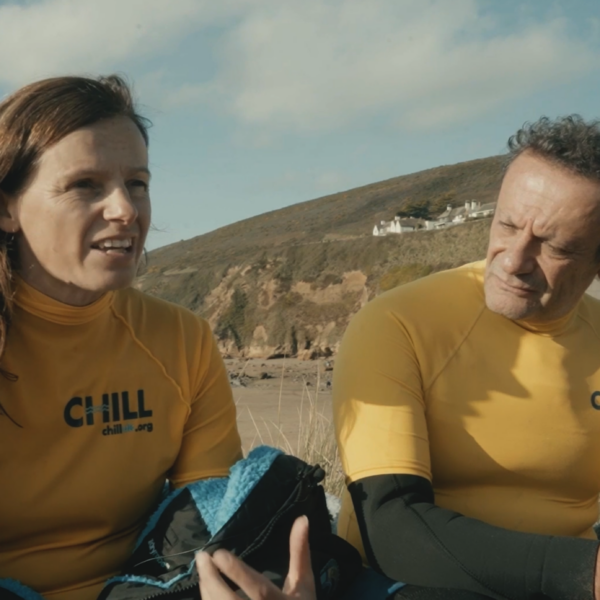

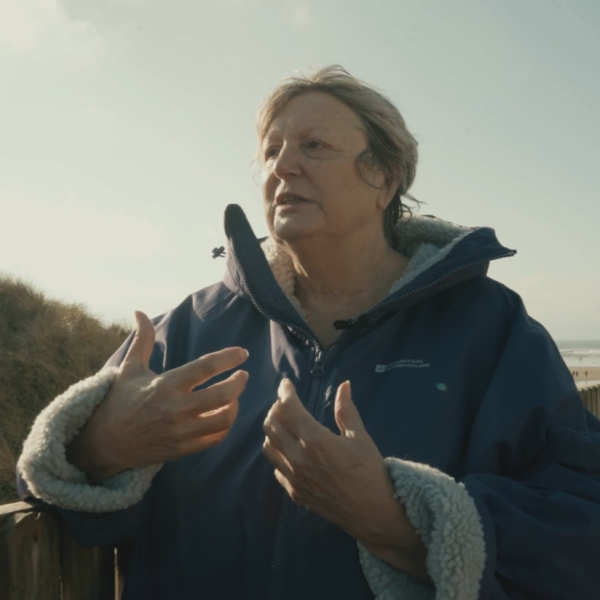
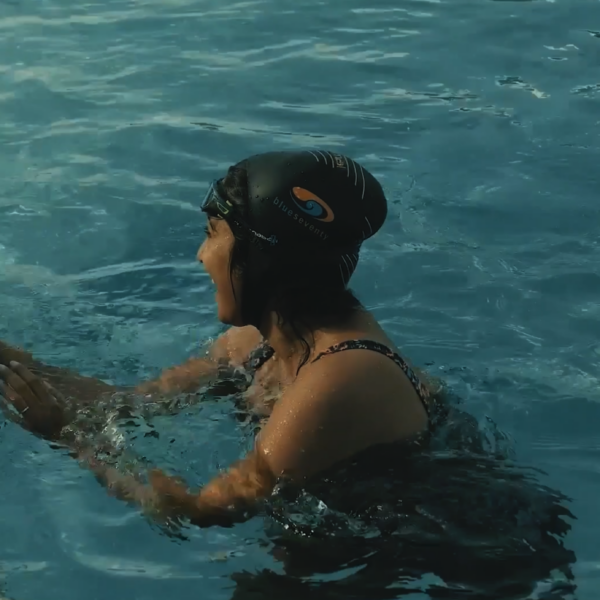
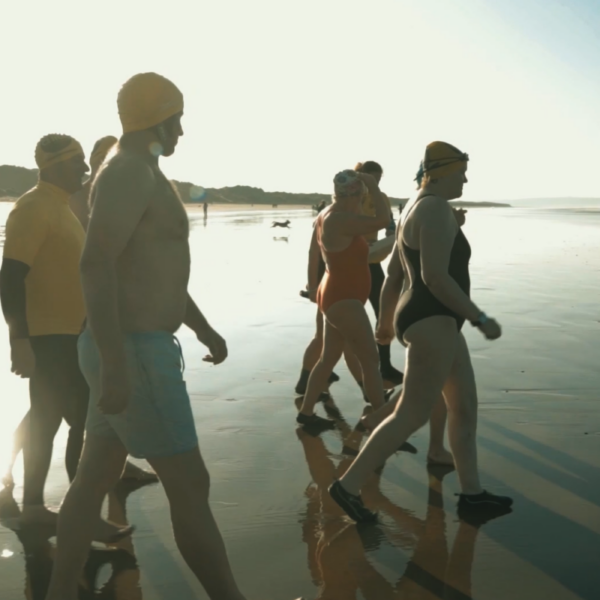
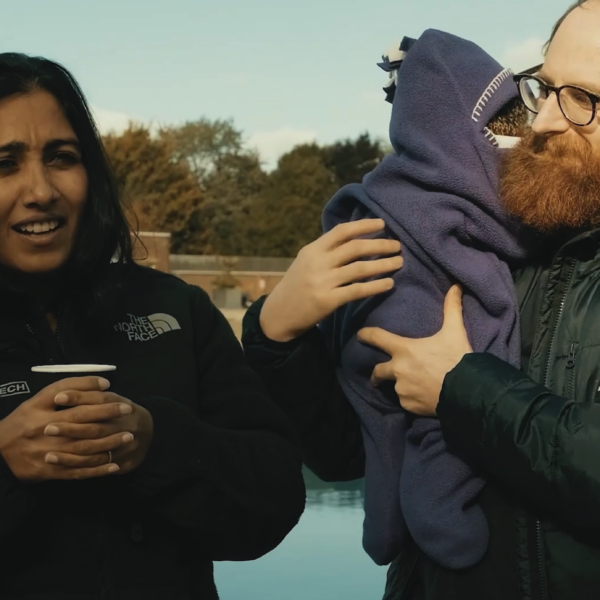
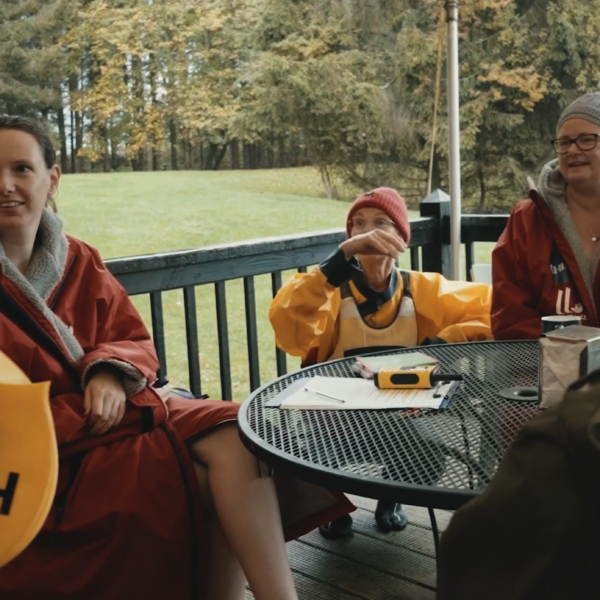
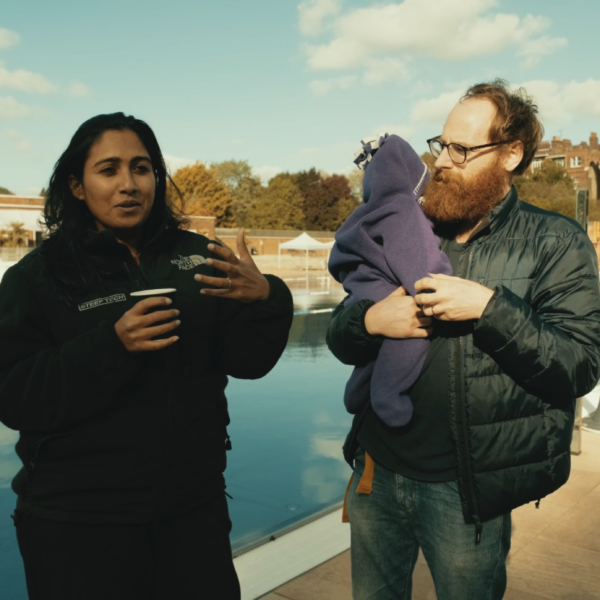
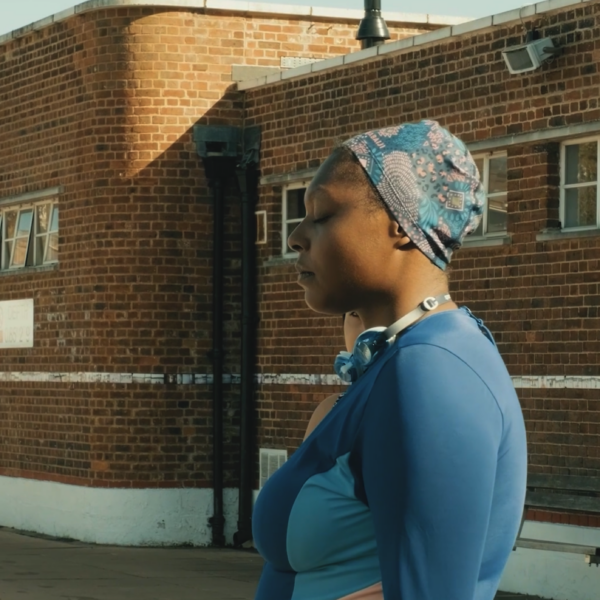
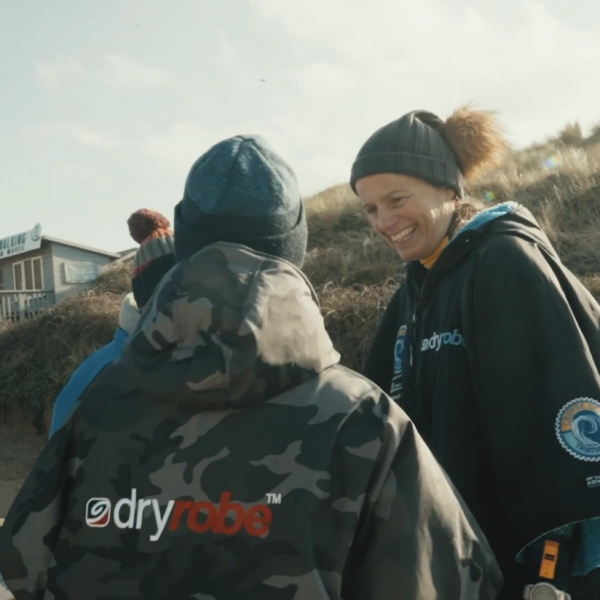
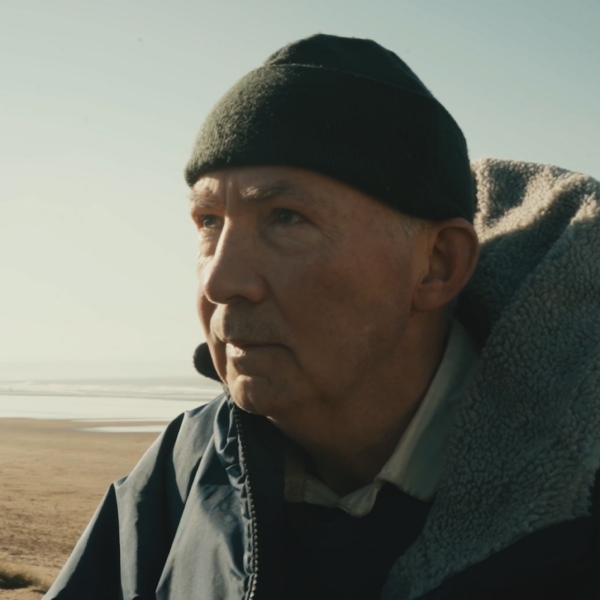
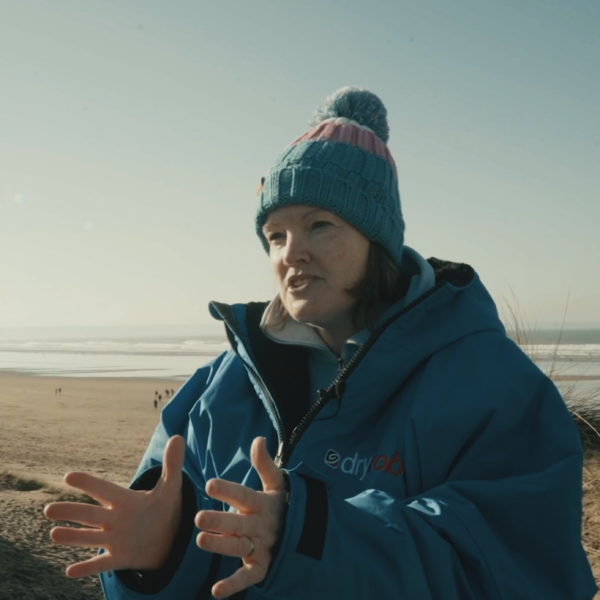
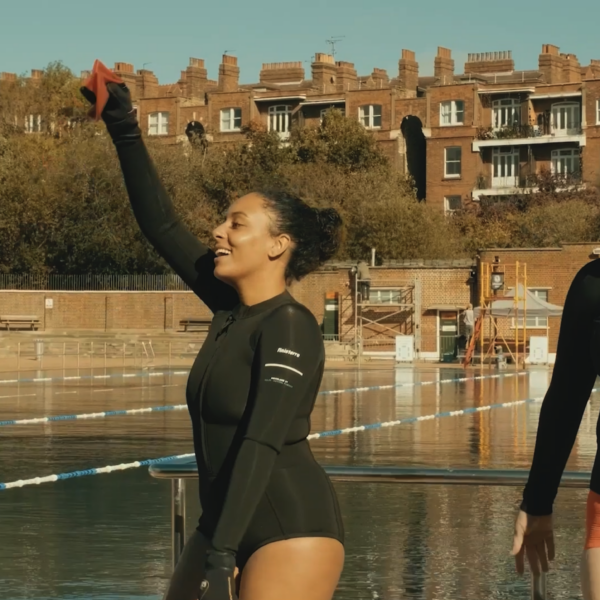
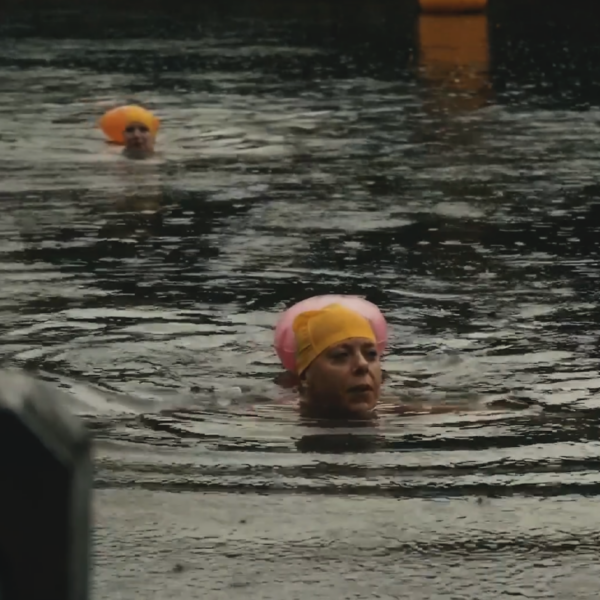
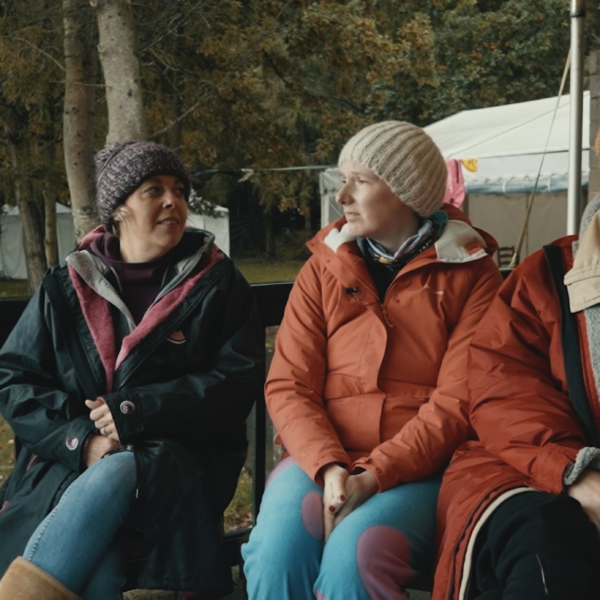
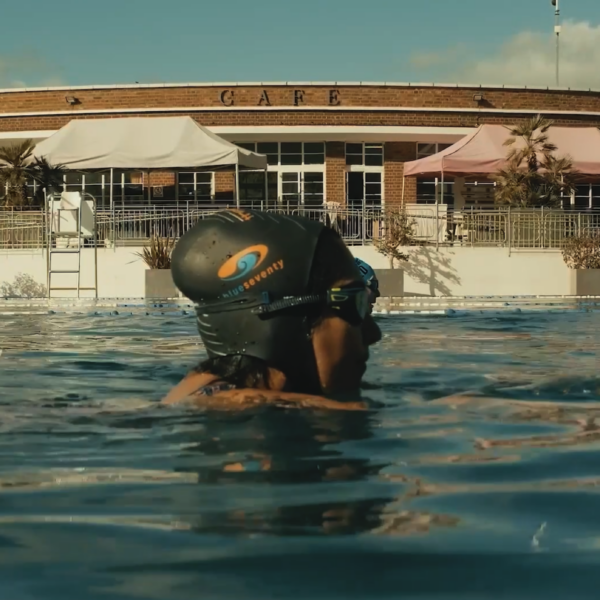
What will happen during the study
- The swim courses will consist of a one-hour session, once a week for 8 weeks
- Participants will be followed up for 38 weeks after they are allocated to either the intervention group or the control group.
- The intervention group will undertake the swim course at the beginning of this period and the control group at the end.
- The control group, who are offered the course at the end of the study period, should continue with whatever interventions they are using or would have used if they were not part of the trial.
- Both groups will fill out the same questionnaires which will include short surveys about: depression symptoms, anxiety symptoms, health-related quality of life, mindfulness, work and health, NHS/private treatments and appointments.
- Participants will also be invited to write diaries and be interviewed about the experience so the researchers can better understand how outdoor swimming might impact mental health and wellbeing.
Monday to Friday 09.00 to 17.00
Send us an email spnt.OUTSIDE@NHS.net
What is outdoor swimming?
Outdoor swimming does not need to involve actual swimming! It just needs to be outside and in water that isn’t heated to above 20˚C. Getting into water that is below 20˚C has a significant effect on the body. 20˚C is, pretty much, the highest temperature seen in the lakes, rivers, lidos, reservoirs and sea in the UK
(HELP) Mental health resources
If you are struggling with your mental health and feel you need support please refer to the NHS mental health support webpage.
feedback from previous participants
It has made me feel more positive about the future and confident in myself. I feel less apprehensive about trying new things.
I have felt less anxiety since doing the course and much more connected with myself and nature.


